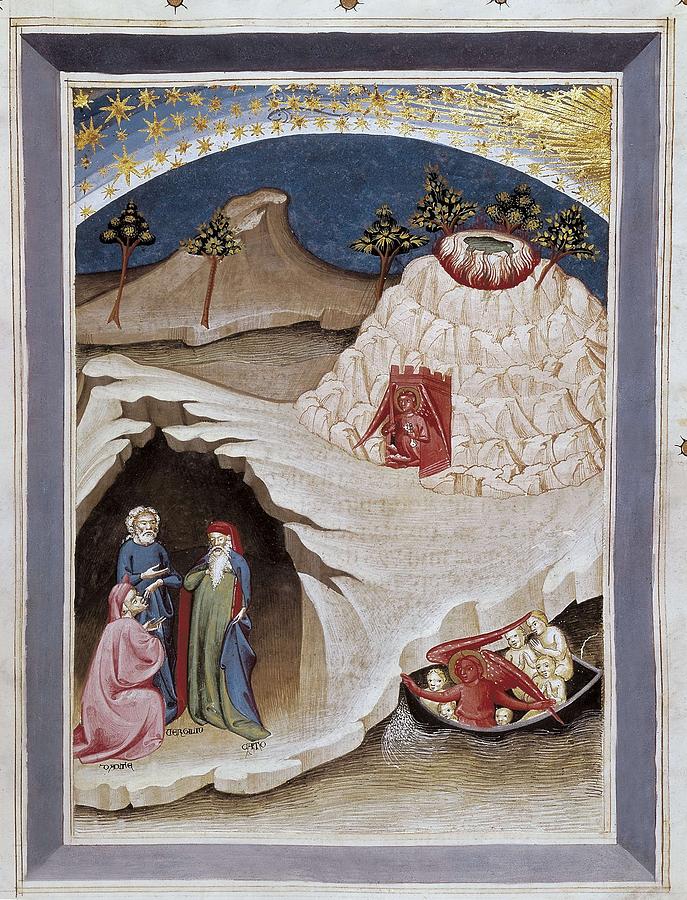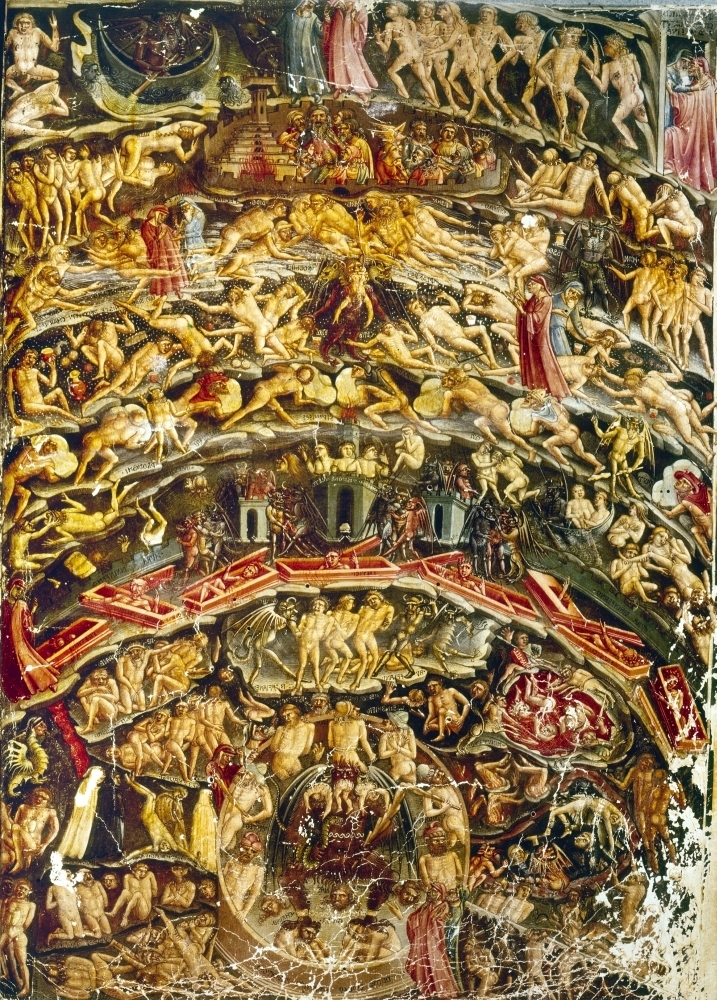

What can we make of the faint glow Dante observes from the Citadel of Human Reason in Limbo? Light has been a metaphor for knowledge at least since the time of Plato’s Allegory of the Cave ( Republic, Book VII), with the sunlight outside the cave representing knowledge of the various Platonic forms (Justice, Goodness, Piety, Love, etc.). At the Citadel of Human Reason in Limbo, Dante finds the great humanistic philosophers in the history of philosophy: Socrates, Plato, Democritus, Diogenes, Thales, Anaxagoras, Zeno, Heraclitus, Empedocles, Cicero, and Seneca-even Euclid, Ptolemy, Hippocrates, and other figures symbolizing the great achievements of pure human reason. Limbo is a place of no punishment but still one of eternal separation from God’s love, and hence a place of no further hope. Virgil explains to Dante that Limbo is where he resides as well, having both lived and died before the time of Christ. Human reason is symbolized elsewhere in The Divine Comedy by the faint illumination coming from a citadel, what translator John Ciardi calls the “Citadel of Human Reason” in Limbo, the first circle of Hell (see The Divine Comedy, Canto IV), where the virtuous pagans and unbaptized souls, those who were otherwise virtuous but who lived prior to the incarnation of Jesus, and those who were unbaptized and thus unable to be redeemed and allowed to enter Paradise, reside eternally.

So why must Beatrice take over for Virgil as Dante’s guide? As mentioned above, Virgil symbolizes human reason in The Divine Comedy, the power and achievements of the human intellect left to its own devices without God, without the redemption offered by Jesus Christ, and without the influence of the Holy Spirit. Virgil leads Dante through the various circles of Hell and partway up the ascent of Purgatory before Beatrice takes over as Dante’s guide the remainder of the way through Purgatory and on to Paradise. A shade (i.e., a spirit or ghost) of the Roman poet Virgil appears to Dante, having been sent by Beatrice to lead Dante on a journey through Hell, Purgatory, and eventually Paradise (Heaven).

In the opening scene of The Inferno, the first book of The Divine Comedy, Dante (the author, the main character, and the first-person narrator) awakens in a dark wood midway through his life’s journey, having strayed from the True Way. The Divine Comedy by Dante Alighieri is a thoroughly Medieval text, not merely because it was written in the Medieval time period, but also because of the picture Dante presents of the relationship between human reason, symbolized in The Divine Comedy by the poet Virgil, and divine love, symbolized in The Divine Comedy by the character of Beatrice.


 0 kommentar(er)
0 kommentar(er)
